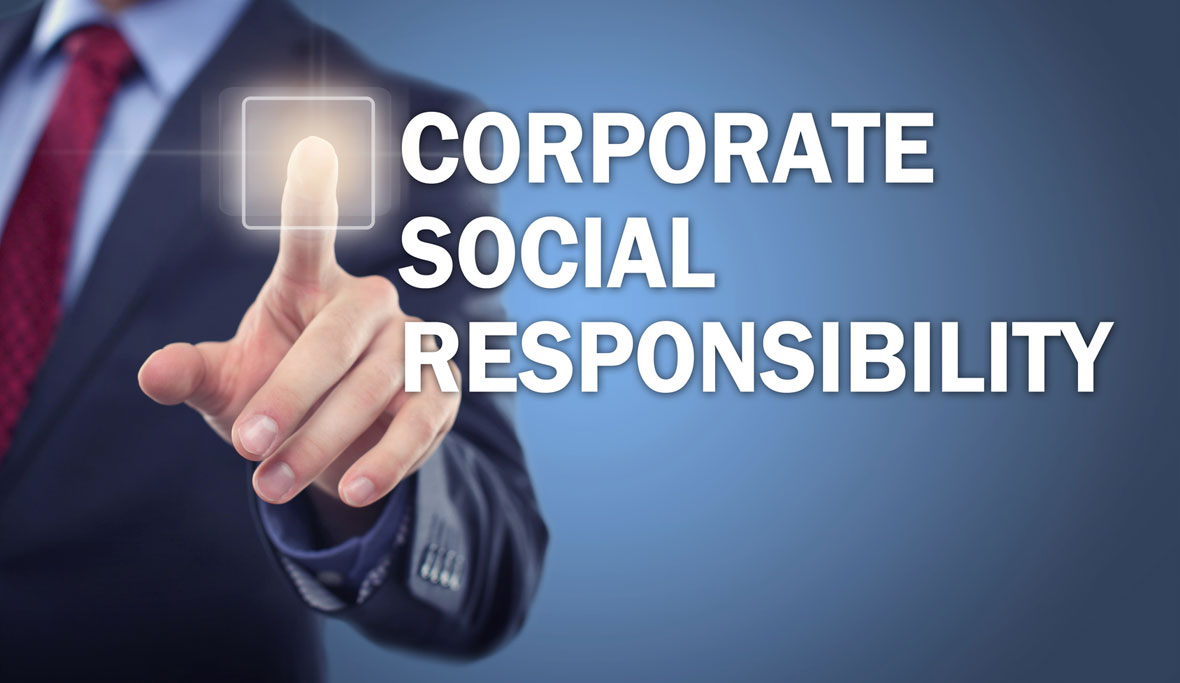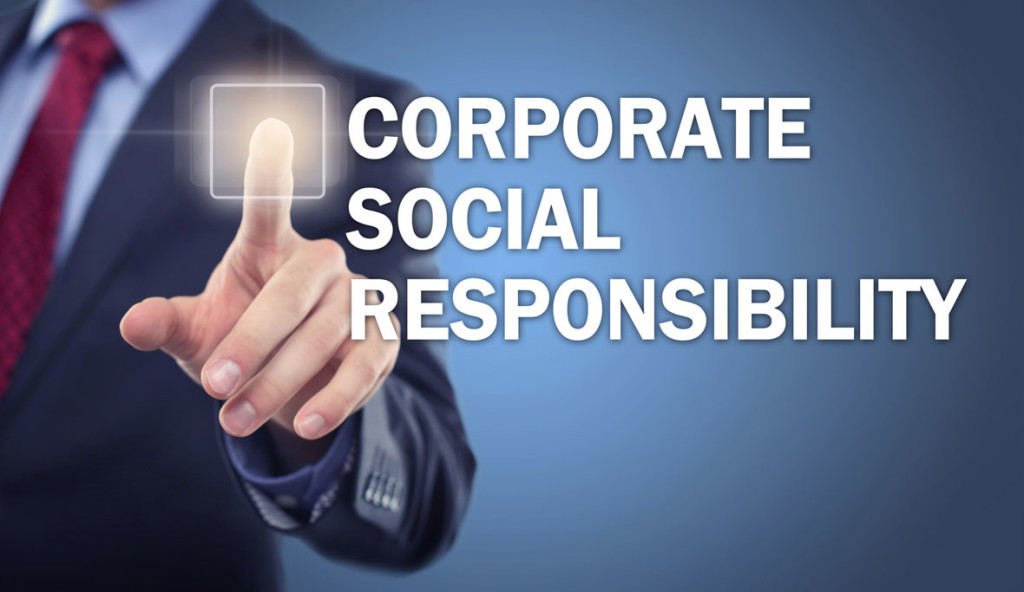Attitudes among business leaders about the relationship between business and social change are shifting. On the one hand, executives understand that their businesses have an important role to play in solving social problems. On the other hand, the value of corporate social responsibility isn’t clear and many believe a new approach that delivers more return on investment is needed.
At a recent conference, I asked participants whether they thought corporations ought to help solve social problems. Virtually all agreed wholeheartedly. But despite the fact that every large business has a formal corporate social responsibility program, the same group was unanimous in the sentiment that businesses are not doing nearly enough. Given the significant gap between expectations and actions, it’s not surprising that the returns from CSR as it’s currently perceived and practised are underwhelming.
In an effort to increase the business value of social change, corporations are reducing charitable donations, trimming CSR head counts and embracing the principle of shared value developed by Harvard’s Michael E. Porter. “Shared value” advocates for policies and operating practices that enhance a company’s competitiveness, while simultaneously advancing the economic and social conditions in the communities in which it operates.
“We are trying to move from cheque-writing philanthropy in support of good causes – and there are no shortage of good causes – to being much more collaborative,” said Arlene Strom, vice-president of sustainability and communications for Suncor Energy Inc. “We’re working with others to address underlying problems, foster change and focus on solutions.”
Taking business and social change to the next level will require harnessing the full spectrum of business operations in ways that deliver measurable results at a scale not seen today.
“As the world continues to take on more and more of a social viewpoint, my sense of where we’re headed and how we’ll be judged as corporations in the future is by the whole package of what we do,” said Josh Blair, executive vice-president for Telus Health and Telus International, as well as president for Telus Business Solutions West. His view is that there are five key ingredients to improving performance: CSR, employment, tax morality, for-profit activities that drive social good and partnerships that add credibility and value.
There are a growing number of examples that illustrate the social impacts and implications of business itself. For example, last week, the Starbucks-led 100,000 Opportunities Initiative was launched. Sixteen of the largest corporations in the United States pledged to hire some of the estimated 5.5 million Americans, ages 16 to 24, who aren’t employed or in school for apprenticeships, internships and part-time or full-time jobs.
Paying the appropriate amount of corporate tax provides funds for public services such as health care, education and public investment in infrastructure. Some argue that the responsibility of corporate directors is to maximize shareholder value by keeping tax costs to a minimum within the realm of what is legal. But the London-based Institute for Business Ethics is among those who believe it is morally indefensible for businesses to avoid paying their fair share of taxes. This is especially true at a time when rising social costs combined with government spending cuts are having a real impact on everyday lives.
In Ontario, Telus Health is working with the provincial government to deploy home health monitoring for people who are discharged from hospitals after heart failure or other serious cardiac conditions. The idea is to connect patients to the company’s home health-monitoring technology, allowing a hospital-based care team to monitor them remotely. The results are promising: 70 per cent fewer visits to the emergency department and 76 per cent fewer readmissions. This for-profit initiative is helping improve patients’ quality of life, removing huge costs for hospitals.
Despite the likelihood that initiatives driving profitability may outweigh the social impact of CSR, stakeholders are likely to be skeptical of corporations that try to take credit for simply doing what they are already paid to do. To be seen as credible, corporations will need to have a clearly defined social purpose and to assess the ways in which business priorities such as hiring also contribute to this purpose through better health, better education, lower social-welfare costs and other social priorities.
While there’s no prescription for what kinds of businesses are best suited to a more holistic approach, there are some common denominators among corporations that have risen above corporate social responsibility as it’s currently practised. These include a leadership-level commitment to helping solve a specific social problem, an ability to develop innovative products or services that contribute to social change, a culture that values diversity and inclusion and an understanding that working in partnerships with non-profits, government and other corporations including competitors is essential.
A degree of boldness is needed to engage at this level, and it isn’t for everyone. However, corporations that don’t step up run the risk of maintaining programs that don’t perform well and missing significant opportunities.
Says Telus’s Mr. Blair: “If your for-profit activities are that good and they are driving good change, and you have third parties speaking about it on your behalf – the positive aspects of it – that could be incredibly powerful into the future.”
This article was taken from here.
